When I first heard that Wicked was going to be adapted into a movie musical, I had the same thought that everyone had — that there is a 95% chance that this was going to be the worst thing in existence, or a slim 5% chance that this was going to be life-changing. With a franchise as storied and sacred as Wicked, there was simply no in-between.
For the unacquainted, Wicked first began with the 1995 Gregory Maguire novel, Wicked: The Life and Times of the Wicked Witch of the West, which was based on the 1990 L. Frank Baum novel The Wonderful Wizard of Oz. It was then adapted into the 2003 Broadway musical with music and lyrics by Stephen Schwartz and a book adaptation by Winnie Holzman. Ever since the musical premiered in May 2003, it has been touring internationally ever since.
Long story short, expectations were high. Even with renowned movie-musical director Jon M. Chu at its helm, recreating the magic of Wicked and the fantastical world of Oz was a tall order, much less capturing the legacy of a musical that has captivated audiences for over two decades. That’s why I am relieved to say that my expectations were met with flying colours. (You might even say they defied gravity.)
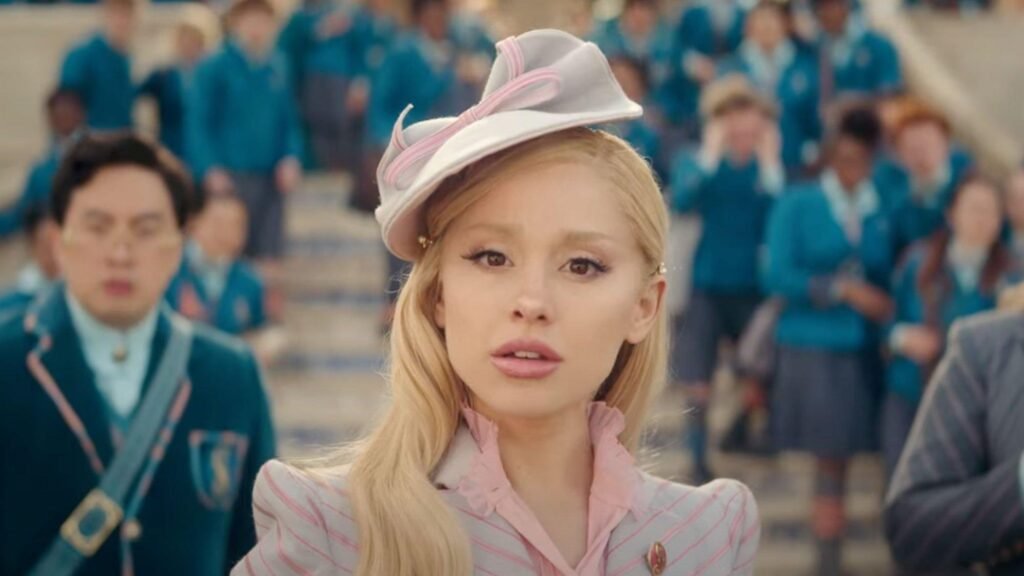
Wicked Part One covered the first, and arguably, most memorable half of the musical. Acting as a prequel to the events of The Wizard of Oz, the movie sets up the complex friendship between Elphaba Thropp, the future Wicked Witch of the West, and Galinda Upland, the future Glinda the Good, as they study magic together in Shiz University.
While the casting of Grammy, Emmy, and Tony award-winning actress Cynthia Erivo as Elphaba was largely undisputed, many had doubts over Grammy award-winning singer Ariana Grande-Butera’s casting as Glinda. However, it was immediately clear from the opening verse of No One Mourns The Wicked that Grande not only has the singing chops, but she embodies the character in a way that pays perfect tribute to Kristen Chenowith’s original depiction of the character on Broadway.
It’s up and up (in a bubble) from there. Grande was absolutely magnetic as Glinda, playing the perfect foil to Erivo’s gloomy and serious Elphaba. To the benefit of the medium, both actresses were able to present a more grounded version of their characters, while paying enough tribute to the Broadway versions to please long-time fans. What was even more impressive is that all the actors performed the music live on set, bridging the final gap between the stage and silver screen.
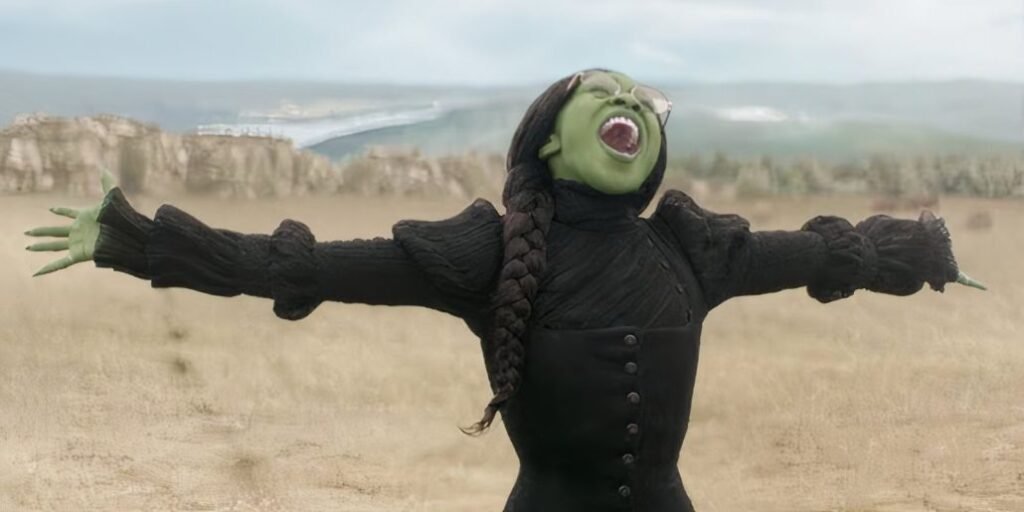
Director Jon M. Chu brought his usual magic to the table with theatrical, larger than life moments that rode the fine line between impressive and cheesy. The dedication to building practical sets paid off handsomely, providing a surprisingly tangible and immersive viewing experience for its otherwise fairy tale-like setting. Personally, I’m just relieved that they didn’t fall prey to the oversaturated or hyper-realistic visuals we’ve seen from similar adaptations in the past.
Wicked Part One would be a near-perfect showing if not for the minor but unavoidable adjustments made for the movie. As a fan of the original musical, it was hard to ignore the added spacing between verses in order to insert dialogue or emphasise crucial story beats. While this was tastefully done for the most part, especially for tracks like Dancing Through Life and Defying Gravity, it was hard to ignore the parts that were clearly being dragged out to justify its two-part adaptation.
The supporting cast was solid, featuring outstanding performances from Jonathan Bailey as Fiyero and Ethan Slater as Boq. But it also served to emphasise the weaker links in the cast, particularly Michelle Yeoh as Madame Morrible and Jeff Goldblum as The Wizard. While it was easy to see why these two were picked for their roles, I couldn’t help but wish they had picked actors with stronger musical backgrounds to round out the rest of the cast.
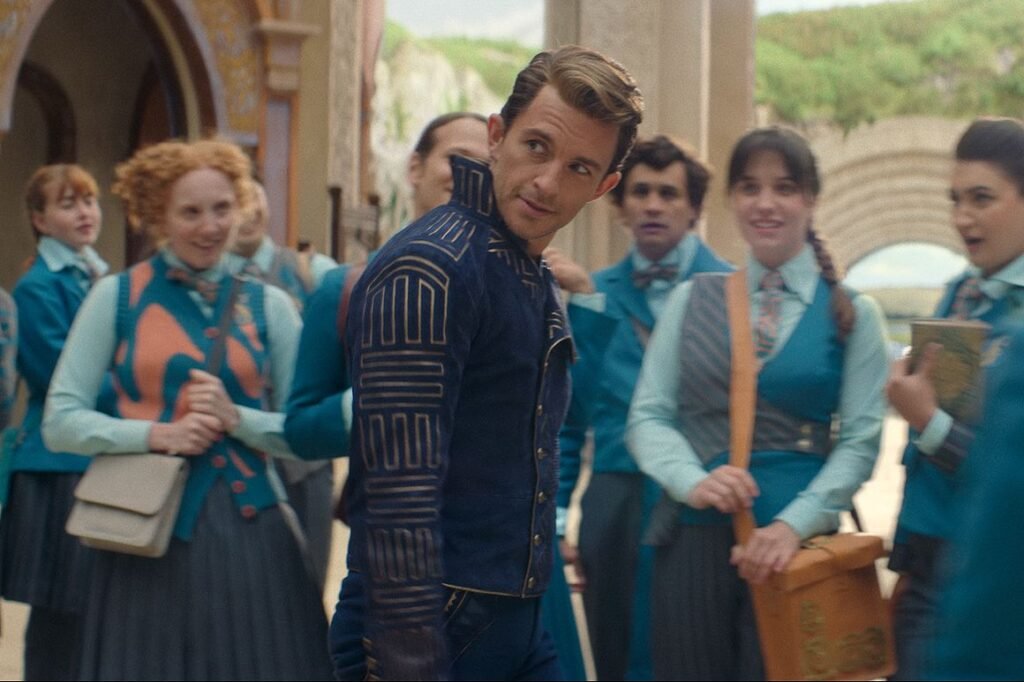
Even so, I left the theatre for Wicked Part One with a big smile on my face. With a stellar lineup of Cynthia Erivo, Ariana Grande, Jonathan Bailey, and Ethan Slater leading the cast in Part Two, combined with the anticipation of new movie-exclusive songs from Stephen Schwartz, next year’s Christmas simply couldn’t come sooner.
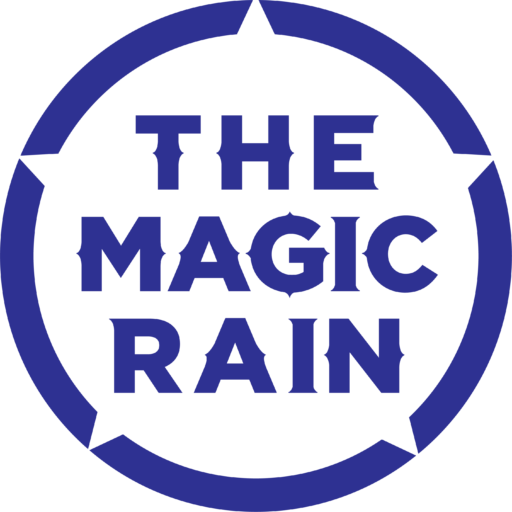

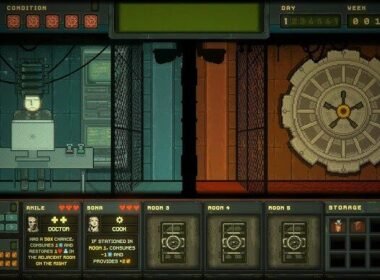

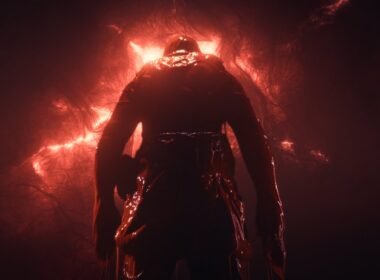
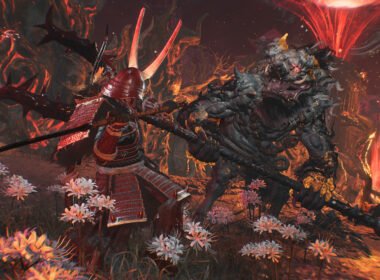
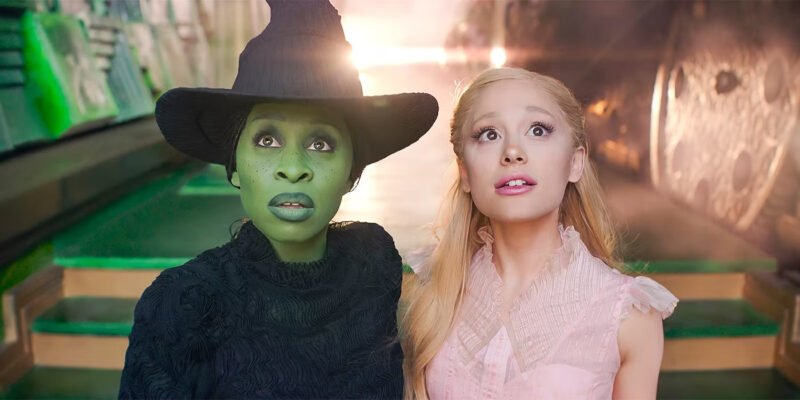




Comments 3